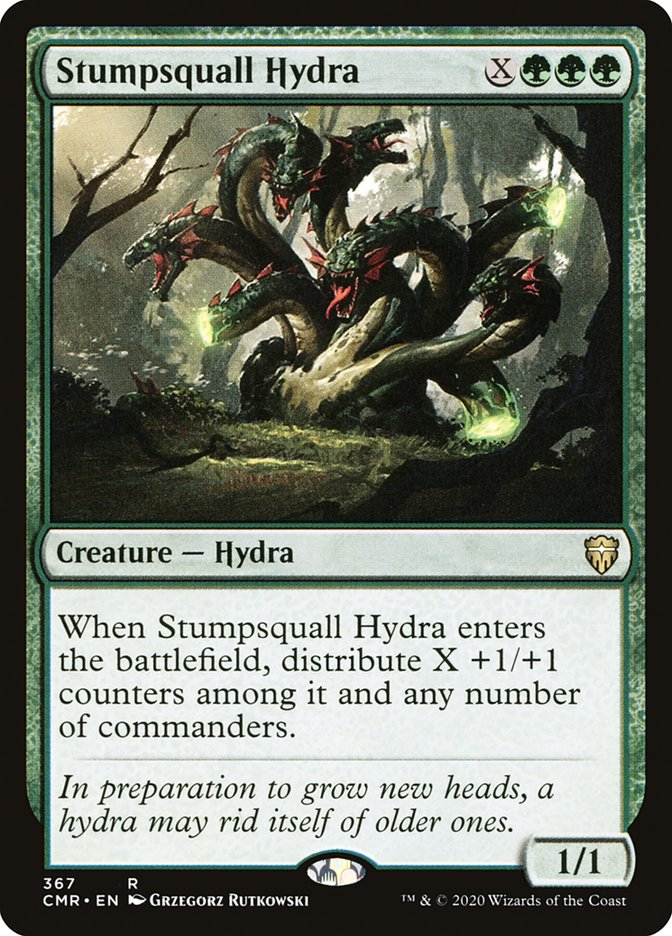“Much like fighting a Hydra, deal with one issue and more take its place. The competition has only given me a glimpse into the complexity of cybersecurity, but these issues are becoming more salient as time goes on.”
POLIR student Ben Treacy was among a team of four Kent students competing as ‘Kentish Cyber’ in the finals of the UK Cyber 9/12 Strategy Challenge.
The Cyber 9/12 Strategy Challenge is an annual cyber policy and strategy competition open to university students from across the globe. The competition focuses on the interdisciplinary nature of the cyber challenges and strategies, policy decisions and the importance of an analytical bend of mind, together with effective teamwork to solve any cyber problem.
The team, coached by Dr Gareth Mott (School of Politics and International Relations, and Institute of Cyber Security for Society (iCSS)) was comprised of students from across the University: Keenan Jones and Nandita Pattnaik (School of Computing), Hala Zein (Kent Law School) and of course, Ben who reflects on the experience here:
“Through the competition I have developed my understanding of how much politics functionally relies on cyberspace and its associated technologies. Consequently, this has given me insight in to how much we collectively rely on these platforms and technologies being secure and safe in both a personal and political capacity. The case studies we were provided with as part of the competition were realistic, and more importantly they were probable. Being faced with a scenario which could be happening in real time was a unique and exciting challenge which I think all Politics students should experience to really get a feel for what it means to be engaged in cybersecurity.
As part of the competition, I was tasked with considering the political aspect of cybersecurity, which encompassed much more than I had anticipated, despite only being one facet of the brief. Considerations of personal freedom and privacy, the organisation of government personnel and funds, the international implications of the decisions made, as well as the discussion of the policy itself, were issues that we explored and created solutions for, all the while considering the practical application, legal challenges, and political implications for these decisions. In relation to the study of Politics, cybersecurity challenges the traditional schools of thought by expanding the political realm to a virtual borderless space, that is simultaneously reliant on the physical infrastructure and its associated politics to function. This new paradigm of politics provides new ways of thinking, even those that are contradictory to what we may assume as true universally. Cyber 9/12 has shown me especially that reliance on technology is fragile and detrimental if governments do not take action to improve and develop its cyber arsenal, both offensively and defensively, and how important it is for cybersecurity to be a core part of political study.
The competition has also shown me that politics more than ever is linked to private industry. Challenges arise from this mutual dependency, including questions of international sovereignty in multi-national corporations, government and industry collaboration and influence, ownership and usage of resources such as infrastructure and personal data, and countless more. Much like fighting a Hydra, deal with one issue and more take its place. The competition has only given me a glimpse into the complexity of cybersecurity, but these issues are becoming more salient as time goes on. In engaging with the competition and speaking to the many experts who were kind enough to lend their time to the event, I have a newfound appreciation for the importance of the role of cyberspace and cybersecurity in politics today.”
If you would like to keep up-to-date with Cyber Security news and activities, you can subscribe to their newsletter by contacting cyber-info@kent.ac.uk

